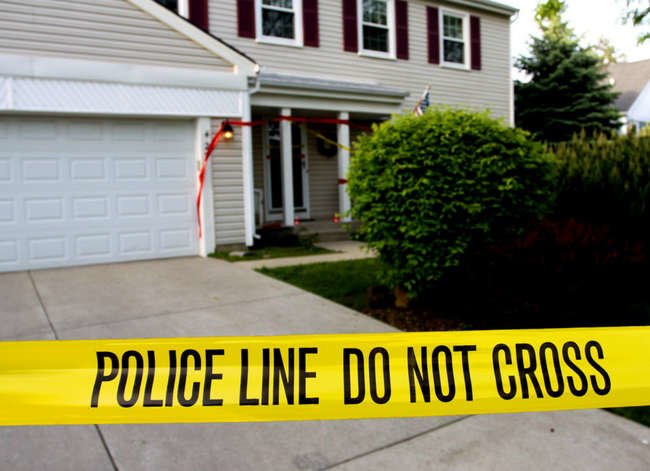We may earn revenue from the products available on this page and participate in affiliate programs. Learn More ›
Traffic Jams

A house that’s near the highway or airport may be subject to disruptive noise, but don’t expect a home seller to willingly volunteer that fact. Visit the house during peak hours to get the best idea of the sound levels from cars or planes.
Drainage Disruptions

If you’re touring a home on a sunny day, chances are the sellers won’t point out that their home has drainage issues when it rains. To uncover signs of past or potential water problems, look for cracks in sidewalks, retaining walls, fences, and foundations. Pooling water causes a plethora of problems, so don’t let clear skies mask a dark cloud of costly repairs in the presence of precipitation.
Related: 11 Ticking Time Bombs in Your House—and What to Do About Them
Deck Damage
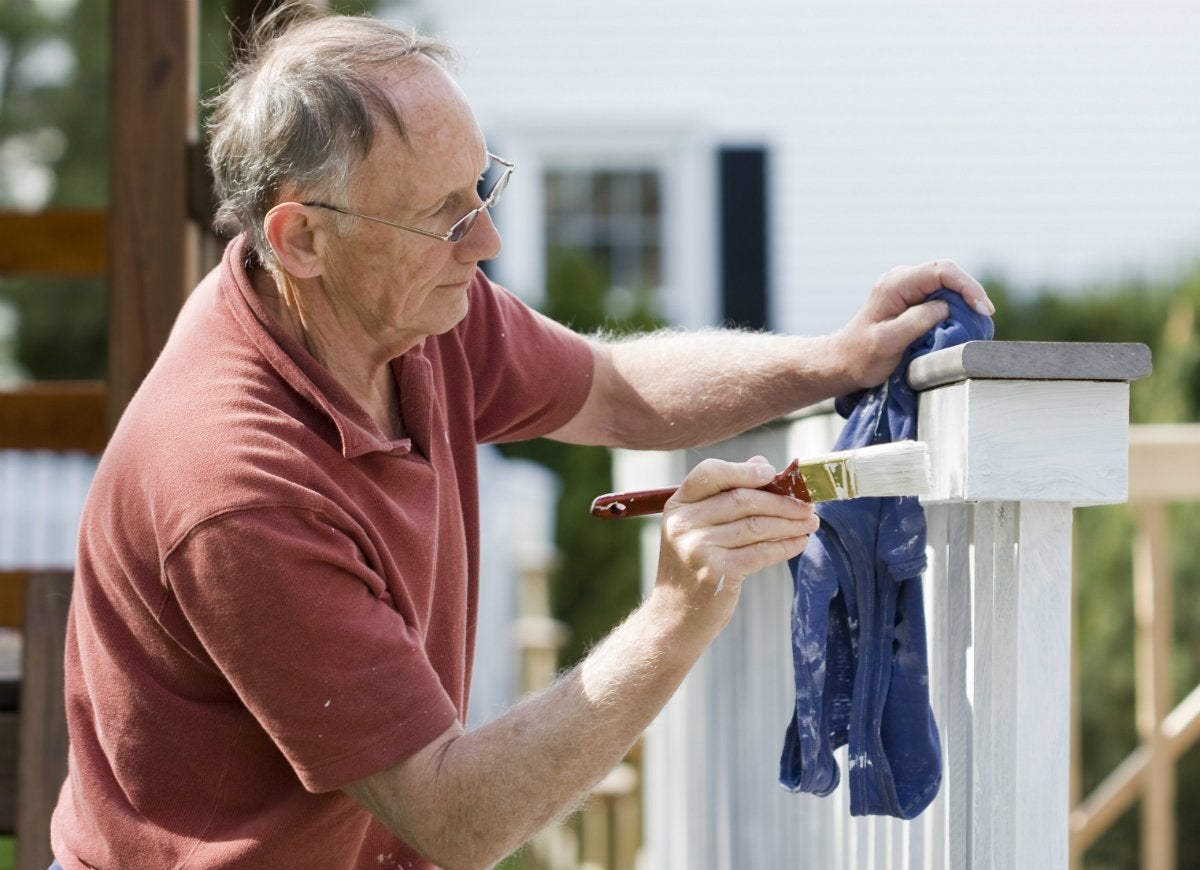
You may think you’re looking at a freshly painted deck, but what you might be seeing are signs of a cover-up. Home sellers will often apply a few coats to mask damage caused by wood rot, splintering, carpenter ants, or water damage—issues that require deck repairs or replacement, not just a simple paint job. If the sellers mention that a structure has been recently painted, ask the home inspector to take a closer look to ensure that problems aren’t hiding in plain sight.
Pool Predicaments

If you’re buying a home with a pool, don’t assume your inspector is qualified to detect leaks and equipment issues that a seller fails to disclose. Pools have complex systems that require specific expertise to evaluate properly, and most home inspection reports include a disclaimer when it comes to pools. Before you take the plunge, hire a professional pool expert to review the structure and flag any costly potential problems.
School District Shake-Ups

Good schools are a top priority for families with children, which is why it’s important to be aware of any possible zoning modifications before you buy. Even if the sellers know of potential changes, they often will not disclose this information, but rather leave it up to the potential owner to verify. Always double-check a property’s zoning information if a specific school or district is a strong selling point.
Related: 12 Ways Buying a Home Has Changed Over the Past 50 Years
A Haunted Past
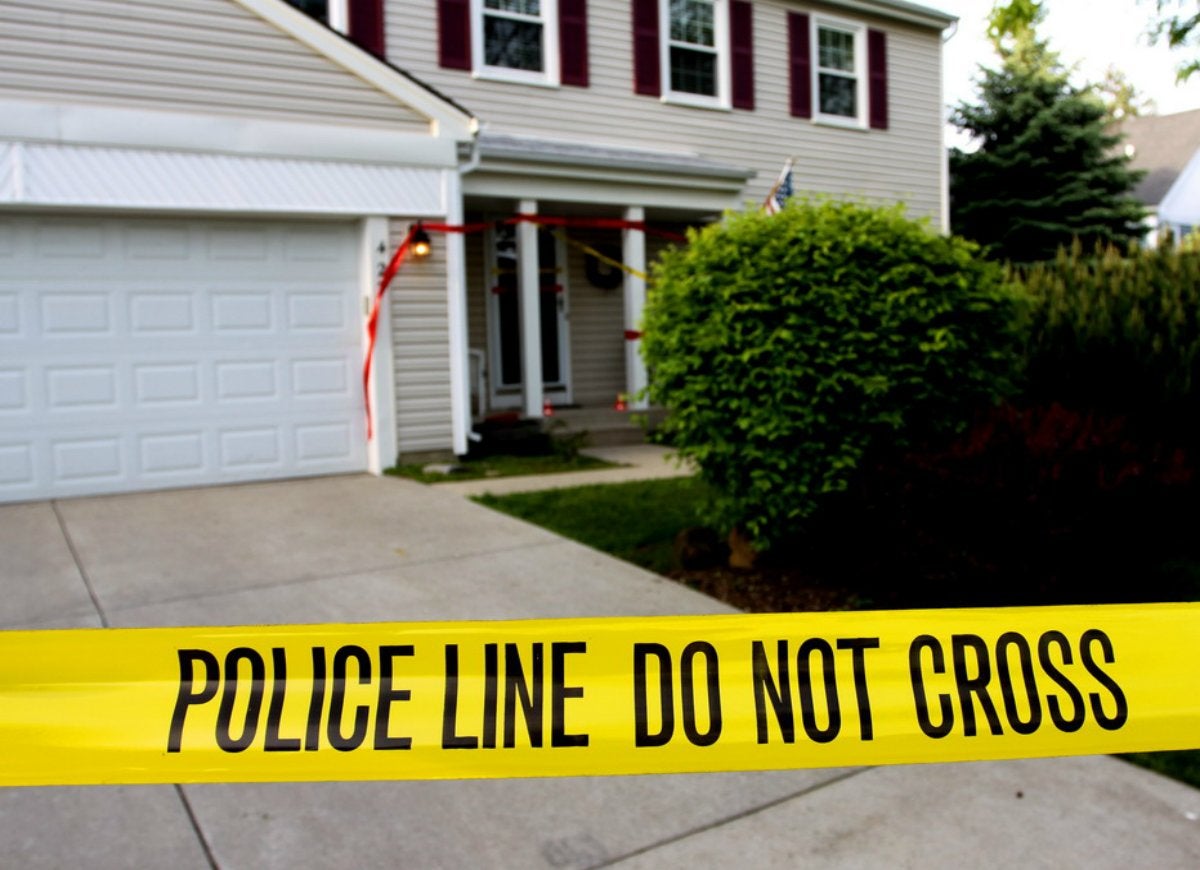
A murder, suicide, or violent crime does not have to be disclosed during resale in most states, according to the National Association of Realtors. Most lawmakers agree that “psychological damage” is not a material defect to the value of a property. All the same, it’s worth checking with the neighbors to learn more about a home’s history. The same goes for a haunted past, although the specifics vary by state. If a buyer asks, experts say sellers must tell the truth about any possible paranormal activity, which means it’s important to ask the right questions when approaching a deal.
Related: 12 Ways to Trace a Home’s History
Pest Problems
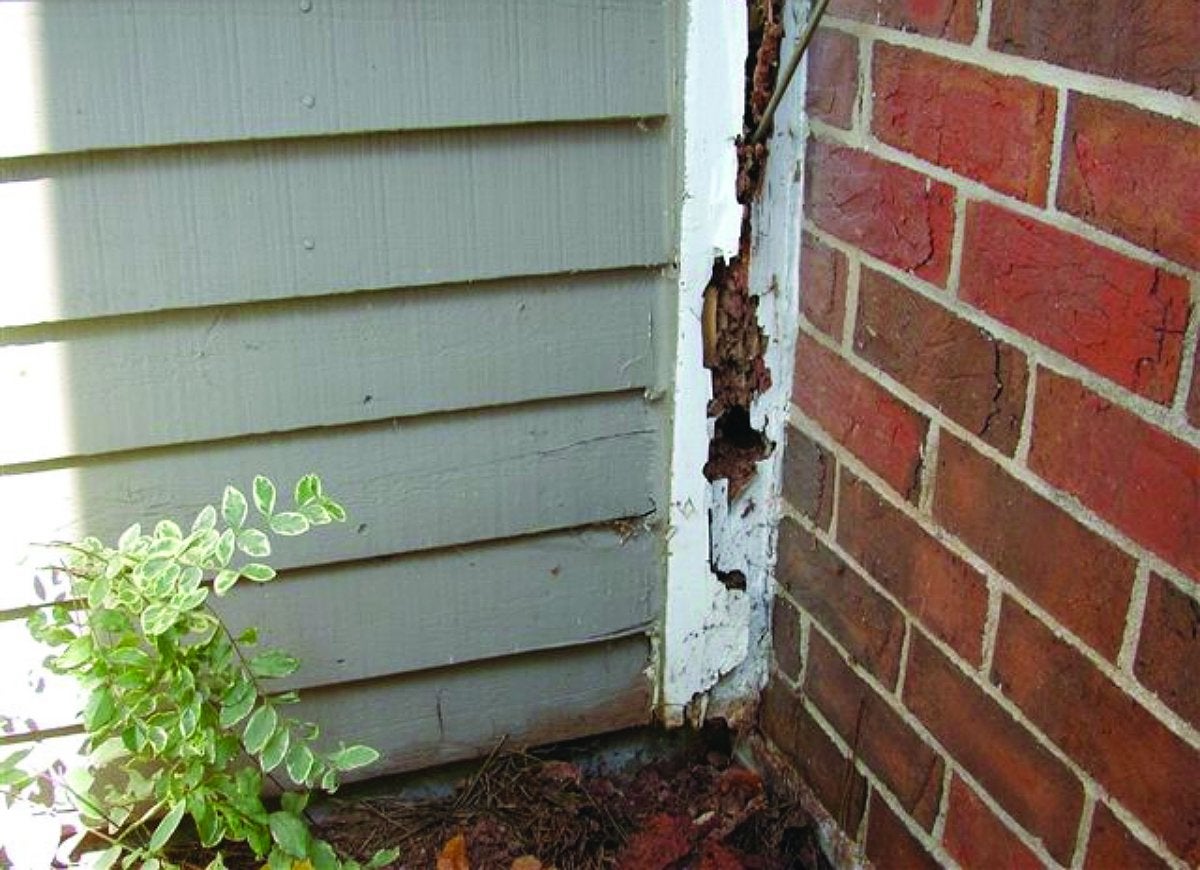
Don’t judge a house by its cover! Behind that darling facade there may be legions of uninvited pests. Look for signs of carpenter ants, rodents, termites, cockroaches, and other pests that can cause thousands of dollars’ worth of unseen damage. Ask the seller for proof of regular pest-control treatments, and be sure to notify your home inspector of any signs of infestation that you may have noticed so he can rule out past or present pest problems.
Future Flooding
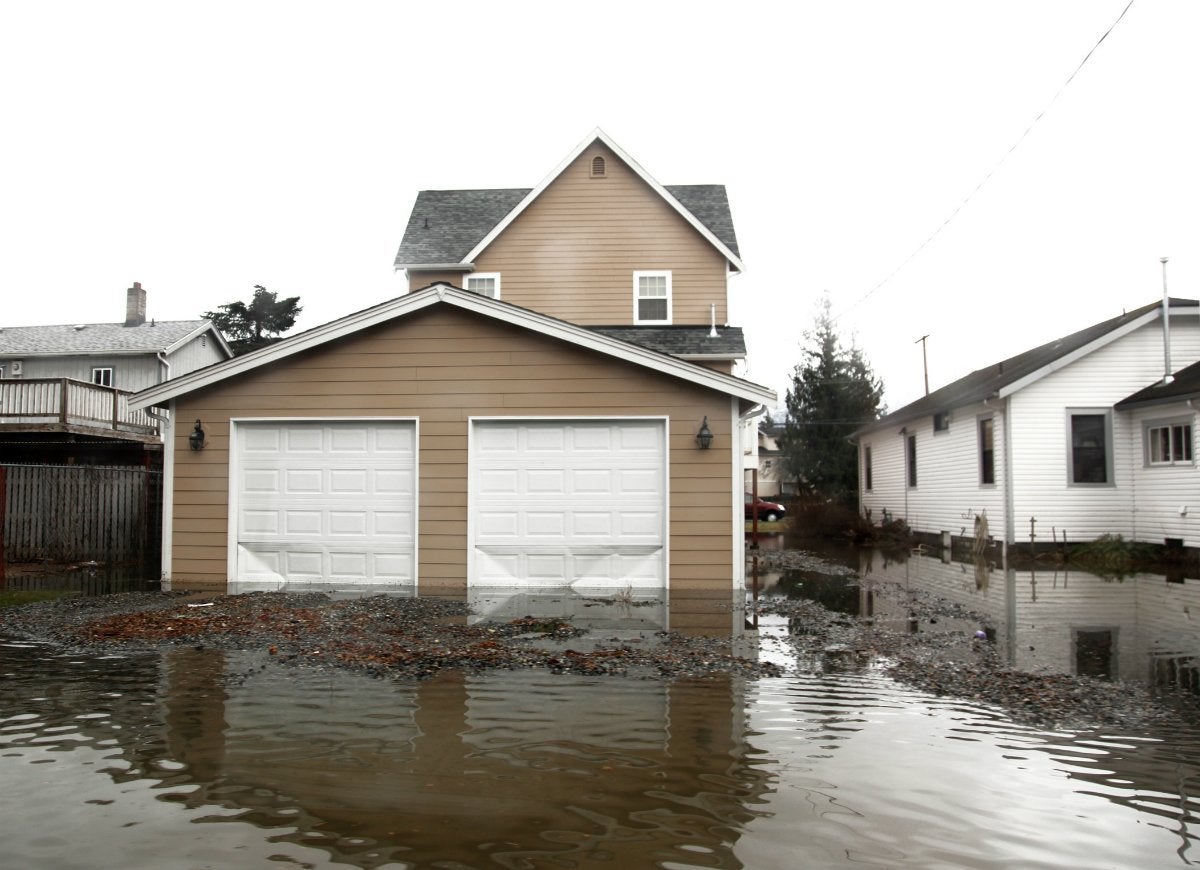
It’s the sellers’ responsibility to provide full disclosure if they know their home is located in a flood zone. But as a seller may be unaware of this fact, prospective buyers should verify a home’s flood status using the maps available at fema.gov. If it turns out that a home is in a flood zone, the sales price should take into consideration the cost of buying flood insurance in order to keep the home competitively priced with comparable homes outside the problem area.
Upcoming Construction
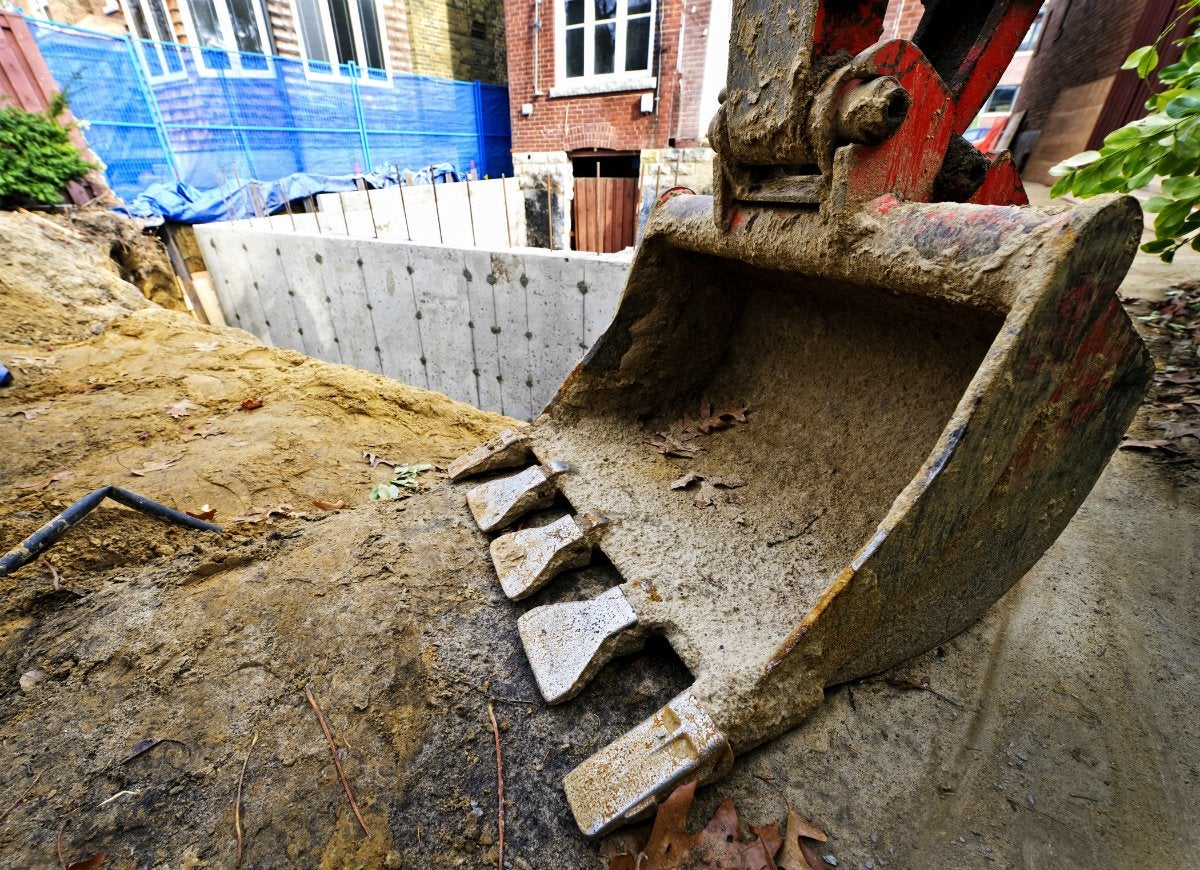
Imagine paying top dollar for a scenic view only to discover that a parcel next door or near your new home is up for sale and that construction on the site will become a source of constant disruption. Sneaky sellers who are privy to this information beforehand may decide to list their home while the view is still intact. Do your homework, or you may be paying for a stunning vista that could either soon disappear or become transformed into a gas station or convenience store that keeps you up at night with traffic, noise, or bright lights.
Ineffective HOA

Don’t expect the sellers to inform you that their homeowners association (HOA) is ineffective or nonexistent. While HOAs are often cause for complaint, you’ll wish you had one in place when your neighbors decide to paint their facade pink or put up a 10-foot fence. Ask the seller a few questions about past HOA experiences to determine the overall quality or tone of the committee—and to find out if there are any unexpected fees you should be aware of.
Aging Mechanical Systems
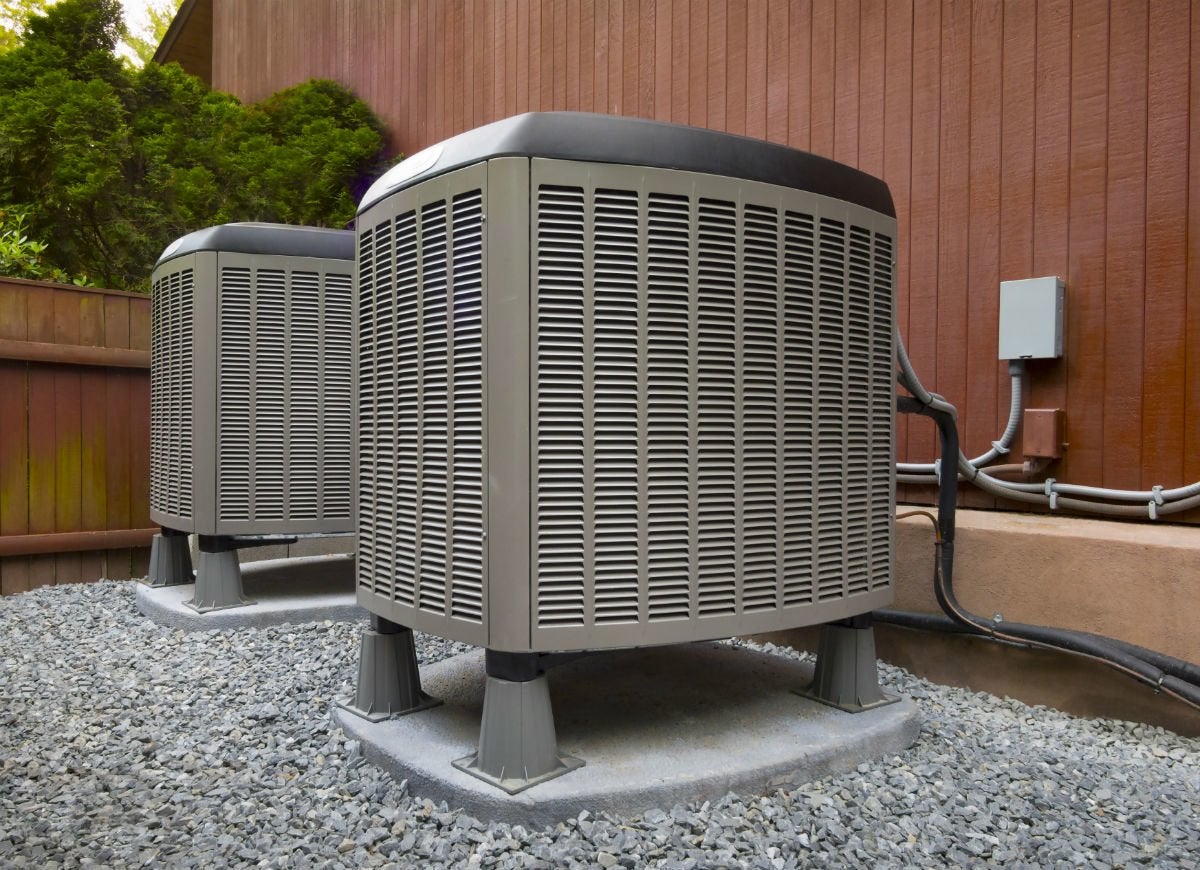
If a seller doesn’t know or doesn’t disclose the age of the home’s HVAC system or water heater, this could be an indicator that the systems are old or outdated. One sign that the sellers have something to hide is that they’ve disclosed only the bare minimum of information. Ask to see manuals and warranties, and be sure your home inspector does a thorough analysis of each system’s functions to ensure they’re all in good working order.
Related: 30 Things to Remember When on the Hunt for a New Home
Offensive Neighbors

Disclosure obligations are usually confined to the physical condition of a home, not the type of neighbors. Case in point: The National Association of Realtors states that the burden of researching neighborhood sex offenders falls on the prospective homeowner, not the agents, unless disclosure is required by state law (which is rare). Before bidding on a new home, check with the National Sex Offender Registry to eliminate any concerns.
Related: 11 Ticking Time Bombs in Your House—and What to Do About Them

Everything You Need for a Lush and Healthy Lawn
Keeping your grass green and your plants thriving doesn’t just take a green thumb—it starts with the right tools and supplies.
